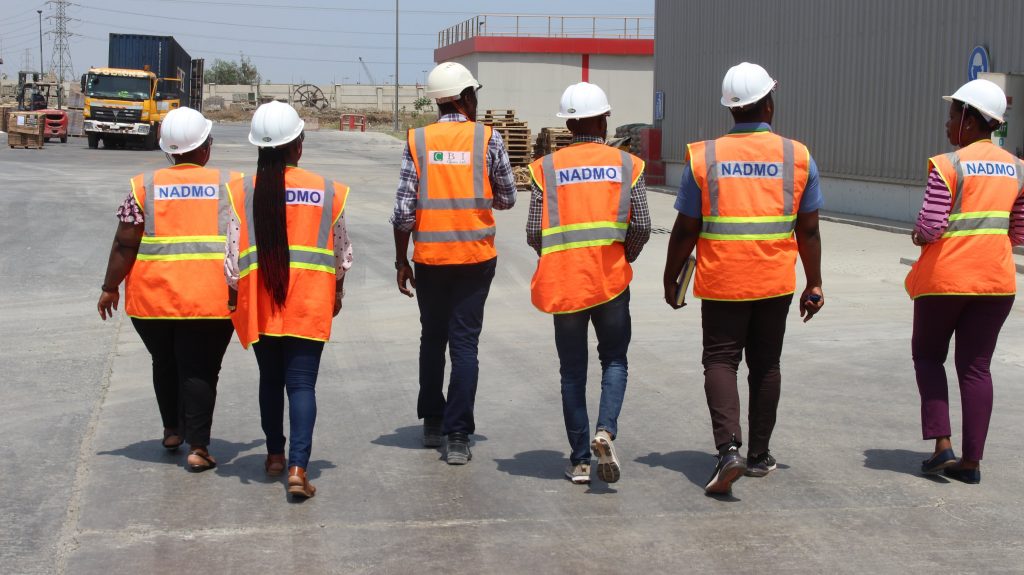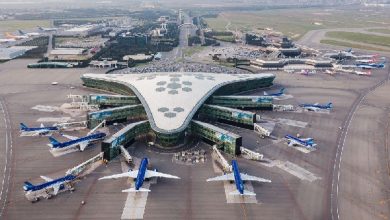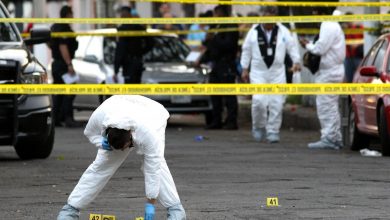NADMO And Relevant Agencies, Come Up With Revised Standards Operating Procedures For International Maritime Dangerous Goods.

The National Disaster Management Organization, NADMO in collaboration with other state owned agencies, Non-Governmental Organizations and the Ghana Ports and Harbour Authority, GPHA have come up with a revised Standards Operating Procedures for the discharge, transportation, storage and distribution of International Maritime Dangerous Goods, IMDG’s.
This initiative was implemented on March 1, 2022 after the Appiatse explosion incident on the Bogoso highway.
In an interview with the media , a member of the monitoring team at the Livelihood Department, NADMO, Madam Emma Adu Boafo said there are various classes of IMDG’s and each has a procedure it is taken through.
She stated that in the various stages that take place, how to handle the goods, its packaging, labeling and mode of transportation is checked thoroughly to ascertain if everything is on point before they are moved from the Harbor.
” International Maritime Dangerous Goods has lots of components or classification. The class one are the explosives and the class two are the flammable gases lie the LPG, amongst others.
These goods follow processes. Before the vessel arrives at the anchorage, there must be a notification to GPHA i.e monitoring department. The duration is 72 hours before the vessel comes to the anchorage.
After which a form is filled out by the state agencies for clearance and approval for the vessel to abeit at the Harbour Authority,” she said.
Madam Adu Boafo again said there is always an escort team which stays 30-50 meters away from vehicles carrying the IMDG’s.
READ ALSO: https://beachfmonline.com/its-about-time-arsons-are-prosecuted-nadmo-director/
The escort she explained, is made up of personnel from the Ghana Police Service, NADMO, and other stakeholders like the Environmental Protection Agency (EPA), Ghana Maritime Authority (GMA), Ghana National Fire Service (GNFS), GPHA monitoring and control unit and the fire service.
She advised the public especially road users to avoid driving in – between the escort vehicles and loaded trucks, because explosion can happen with the introduction of heat, vibration and fire.
The public was again called on to stay away from siphoning fuel when a truck has been involved in an accident.





